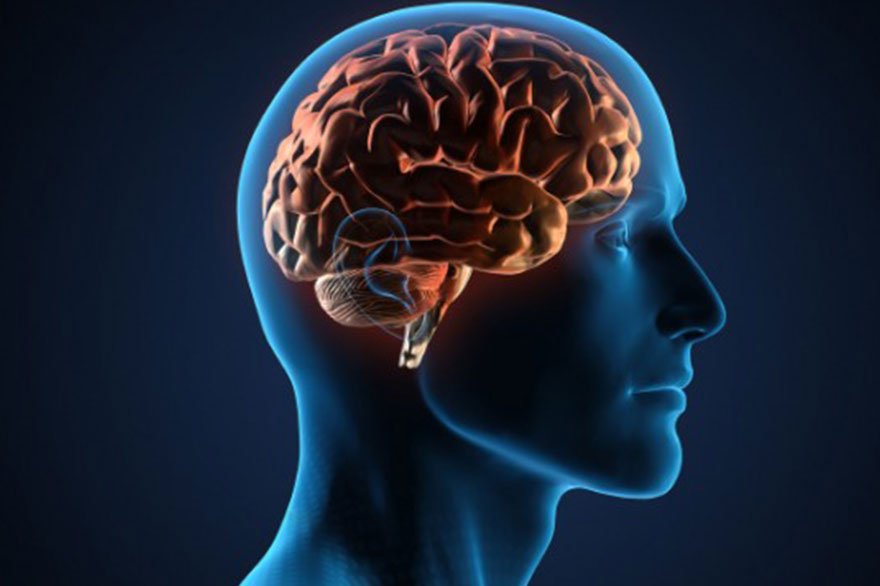Brain aneurysms are silent yet potentially life-threatening conditions that often go undiagnosed. In the general population, approximately two out of every hundred people may have a brain aneurysm, and many remain unaware of its presence until symptoms arise or it ruptures.
A brain aneurysm refers to the ballooning or bulging of a weak spot in a blood vessel in the brain. When an aneurysm ruptures, it causes an intense, sudden headache and can result in permanent neurological deficits or even death if medical intervention is not promptly received.
At Neurowellness in Bengaluru, our expert team provides specialized care to address these conditions effectively.
On rupture of aneurysm causes sudden on sit of very severe headache which may result in permanent, neurological deficit or death before seeing a Neurosurgeon in Bangalore. Most of the time this aneurysms will not produce any symptoms & will be undiagnosed & sometimes incidentally detected.


Risk Factors for Brain Aneurysm
1. Age
The risk of developing a brain aneurysm increases significantly with age. Older adults face a higher chance of weakened blood vessels, making them susceptible to aneurysms. This condition may silently progress, emphasizing the need for regular health screenings to detect anomalies early. If detected, consultation with a neurosurgeon in Bangalore can help assess the risk and decide on preventive or curative measures.
2. Hypertension (High Blood Pressure)
High blood pressure is a leading risk factor for brain aneurysm formation and rupture. Chronic hypertension puts constant pressure on blood vessel walls, increasing the chances of weakening and ballooning. Controlling blood pressure through a healthy diet, regular exercise, and medications can significantly reduce the risk of aneurysms. Monitoring your BP regularly and seeking guidance from experts is essential to avoid complications.
3. Alcohol Consumption
Excessive alcohol consumption can have detrimental effects on blood vessels. Chronic drinking weakens the vessel walls, leading to an increased likelihood of brain aneurysm formation. Overindulgence can also raise blood pressure, compounding the risk. Reducing alcohol intake and adopting healthier lifestyle choices are critical in preventing such life-threatening conditions.
4. Smoking
Smoking significantly contributes to the development of brain aneurysms. Chemicals in tobacco weaken the structure of blood vessels, making them prone to ballooning and rupture. Smokers are advised to quit immediately to mitigate this risk. Several smoking cessation programs are available that can help individuals break the habit and protect their vascular health.
5. Gender (Female)
Women are at a higher risk of brain aneurysms due to hormonal changes that may affect blood vessel integrity. Estrogen fluctuations, especially post-menopause, can contribute to weakening vessel walls. Regular health check-ups and adopting heart-healthy practices are critical for women to reduce their risk.
6. Drug Abuse
The use of illicit drugs such as cocaine can cause abrupt spikes in blood pressure, which can lead to aneurysm formation and rupture. These substances damage blood vessels, leading to complications that require immediate medical attention. Avoiding drugs is a vital step in preventing aneurysms and other vascular conditions.
7. Family History
A family history of brain aneurysms increases the risk by about 1%. Individuals with close relatives who have experienced aneurysms should be vigilant about symptoms and undergo routine screenings. Consulting a neurosurgeon in Bangalore can provide guidance and monitoring to prevent or address potential issues.
Potential Warning Signs of Brain Aneurysm
Although most brain aneurysms remain asymptomatic, some patients may experience warning signs. Early detection of these symptoms can save lives:
1. Severe Headaches
A sudden, extremely painful headache often described as the “worst headache of one’s life” is a hallmark symptom of a ruptured brain aneurysm. This condition requires immediate emergency care to prevent severe outcomes.
2. Numbness and Weakness on One Side of the Face
Unexplained numbness or weakness on one side of the face can indicate a developing brain aneurysm. These symptoms may mimic a stroke, necessitating prompt medical evaluation.
3. Double Vision
Vision changes, such as seeing double or blurred vision, can be linked to the pressure caused by an aneurysm pressing on the optic nerves. Seeking an eye specialist or a neurosurgeon in Bangalore is critical to address this issue.
•𓏺 Pupillary Dilation
Enlarged pupils or uneven pupil size may signal an underlying aneurysm compressing nearby structures. It is crucial to identify the root cause through advanced imaging techniques.
•𓏺 Pain Above and Behind the Eye
Persistent pain around the eye area may point to an unruptured aneurysm. This symptom, along with other neurological changes, should never be ignored.
Why Choose Neurowellness in Bangalore?
At Neurowellness, our team of experienced neurosurgeons specializes in diagnosing and treating brain aneurysms. Using state-of-the-art technology and evidence-based practices, we ensure patients receive the best care possible. Whether it’s consultation, surgical intervention, or post-treatment care, our experts provide comprehensive solutions tailored to individual needs.
Our expert Neuro team at Neurowellness in Bengaluru provide consultation and treatment to all neuro problems.
Please visit
Neurowellness
Brain and Spine Clinic
#1224, Ground-Floor, 26th Main, Jayanagar 9th Block
BANGALORE – 560069
Phone No
+91 72596 69911
+91 73490 17701
Website www.neurowellness.in
Facebook www.facebook.com/neurowellness.in/
FAQs
1. What are the early warning signs of a brain aneurysm?
Early signs may include a sudden severe headache (“thunderclap headache”), blurred or double vision, stiff neck, nausea, sensitivity to light, or seizures. Many aneurysms are silent until they rupture.
2. Can a brain aneurysm exist without symptoms?
Yes. Many unruptured brain aneurysms cause no symptoms and are discovered incidentally during scans done for other reasons.
3. Is a brain aneurysm a medical emergency?
A ruptured brain aneurysm is a medical emergency and requires immediate treatment. Delaying care can be life‑threatening.
4. Who is at higher risk of developing a brain aneurysm?
Risk increases with high blood pressure, smoking, family history, age over 40, and certain genetic conditions. Women are at slightly higher risk than men.
5. How is a brain aneurysm diagnosed?
Diagnosis typically involves imaging such as CT scan, MRI, or cerebral angiography to identify the aneurysm’s size and location.
6. Can brain aneurysms be treated without surgery?
Some small, unruptured aneurysms may be monitored with regular imaging. Others require intervention such as surgical clipping or endovascular coiling, depending on risk.





Comments are closed.